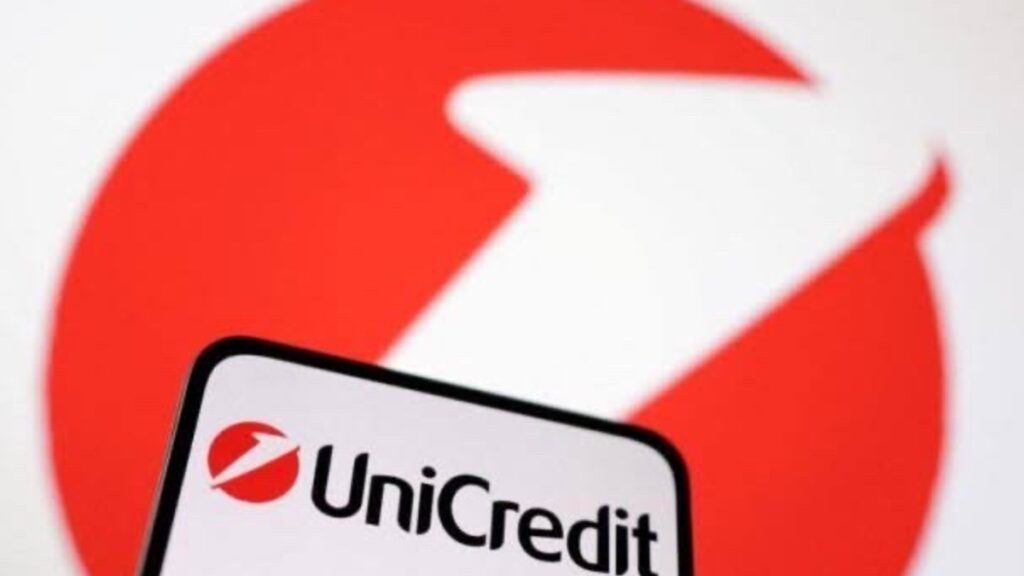Andrea Orcel, CEO of UniCredit, expressed support for a digital euro as long as banks play a vital role in its development and management.

According to Reuters, Andrea Orcel, CEO of UniCredit, discussed the potential benefits of the digital euro at a Mediobanca conference, saying it could be “very good” if financial lenders continue to play a prominent role.
During his speech, Orcel described the introduction of the digital currency as a “matter of sovereignty for Europe” and underlined that the success of the digital euro hinges on preserving banks’ crucial role in the money supply.
In order to strengthen Europe’s “strategic autonomy and monetary sovereignty” and to make the euro region “more robust,” the European Central Bank plans to introduce the digital euro.
Though the launch is still many years off, banks are currently debating how to incorporate digital euro services, which might impact the sector’s changing business models. Andrea Orcel:
“I think the question is how it will happen: … are banks going to be the infrastructure and the framework for a digital euro like they are for the cash euro? If banks are fully integrated, i.e., ‘ Dear Customer, you can have cash, or you can have digital’… then it’s seamless, and it will be very good for Europe and very good for banks.”
In an April presentation, Piero Cipollone, a member of the ECB Executive Board, emphasized that commercial banks would manage digital euro services.
The services would be free for users, but merchants and service providers would have to pay for them. Additionally, it was mentioned in the presentation that merchant banks will charge consumer banks fees; however, specifics and the amount of the cost were not revealed.
The European Central Bank’s digital euro head, Evelien Witlox, spoke at Money20/20 and emphasized the bank’s desire to move cautiously toward a digital euro despite growing pressure from declining cash usage, the rise of alternative currencies, and digital payments.
If the digital euro is released, it will become legally binding money that the public can use for regular transactions with the central bank. According to Witlox, citizens might gain from this since businesses that take digital payments would have to accept the digital euro.
